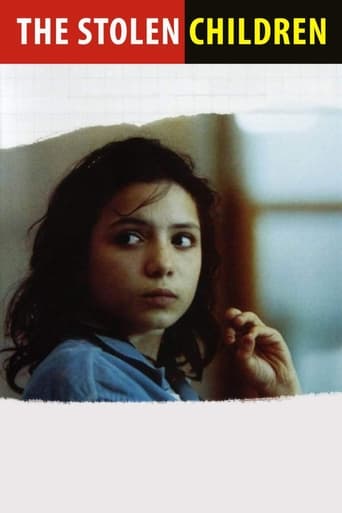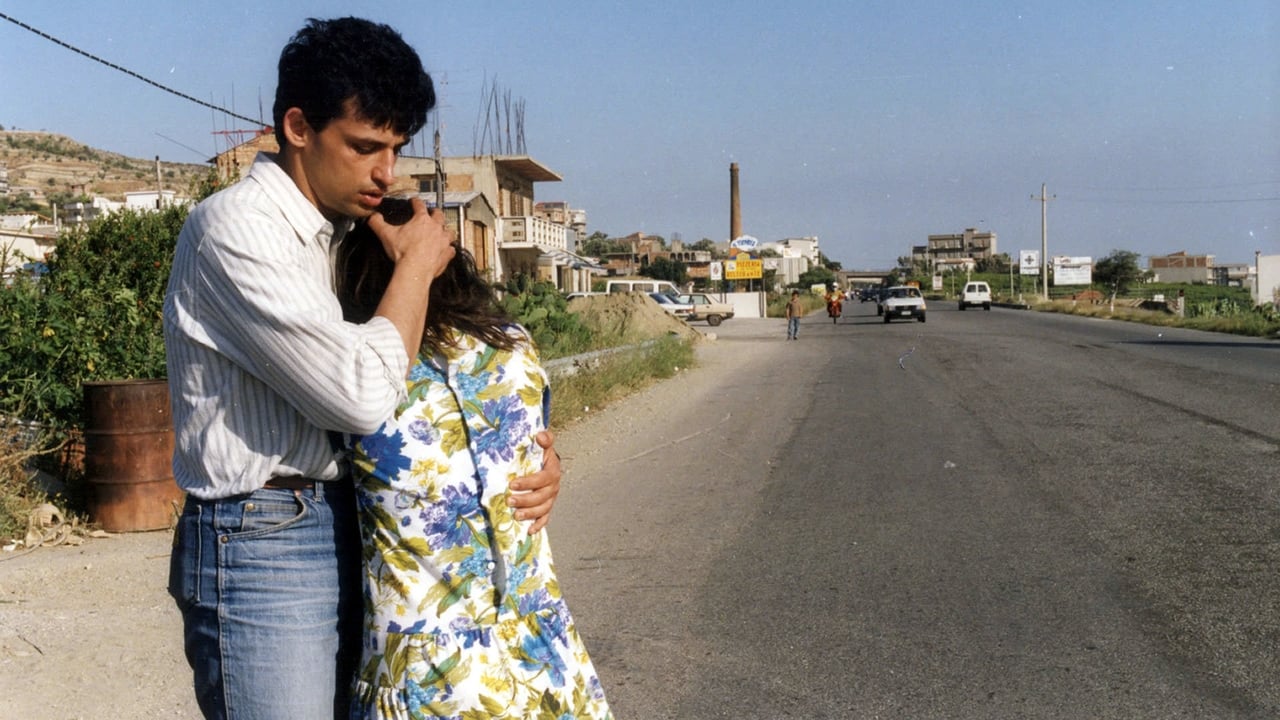Polaris_DiB
A young carabiniere is asked to transport two young children from the north of Italy to the south--the opposite of the usual migration of souls in that land. The reason is that the eleven-year-old girl and her brother are left without parents and kicked out of their "institution" because the girl was sold as a prostitute by her mother for two years. The man who goes with them is the usual lonely adult stuck on a road trip with children he doesn't understand, but this is no "Are We There Yet?" because the children are deeply damaged and searching for family, and the man has to deal with his own nomadism.The road is, in fact, hardly ever far from view/sound. It intercuts through the frame, the story, and even the sound. While the three characters travel, the instability of modern (or post-modern) Italy is shown in some pretty stunning displays of blocking by the director. Meanwhile, society, capitalism, and Catholicism are deeply criticized, and the characters' attempts to build and found a family are met with equal resistance from institution and law, and the pure prejudice of others. The title'd have you believe that the carabiniere stole the children, but the children were stolen from their childhood long before the movie starts. All that's left for them is each other, and the task of this drama is to get them to realize that at the sacrifice of a young man who was ill-prepared to handle them but ends up giving them a great gift of kindness.--PolarisDiB
mwm-5
This is one of the best films of all time. The story is heartbreaking: an 11 year-old girl has been forced into prostitution by her mother. When the police arrest the mother, Rosetta and her little brother Luciano (who is 9) must be taken to a children's home in the south of Italy. A young Carabiniere named Antonio is assigned the task of taking them from Milan to Sicilly, even though he's barely more than a child himself. The journey takes this mismatched threesome to Antonio's home province, where he re-unites briefly with his sister and his old granny, before Rosetta is recognized from a magazine cover, and shunned. The growing tenderness among the three young people is the essence of the story. The girl, although only 11, conveys the bitterness of adulthood through her ineffably sad eyes. She knows so much more about life than her 19 year-old policeman, yet without any seedy sexual implications, he comes to teach her through his tender care that there's more to life than sorrow. Luciano is a beautiful child, whose adoration of the soldier/cop is delicately and warmly depicted. Only The 400 Blows and Forbidden Games have captured the ache of childhood as well. The director has used stunning compositions and lingering takes of the Italian countryside that make the story resonate beyond its intimate canvas. The acting is brilliant. I suppose the only reason this film has not been released on DVD is it's controversial subject matter, which is a shame, because that shunning is what the film is about. The Italian title is Il Ladro di Bambini. Don't miss it!
jimswensen
The child actors are supreme and the plot development feels real from beginning to end.There are very few films that can make us confront a difficult issue without resorting to maudlin tears or some other form of emotional manipulation. This is one of them -- no Hollywood treatment here.And I like the fact that the trip is a journey -- both physically and spiritually. It starts in the north of Italy and leads us progressively towards its southern extremity in Sicily. As the children migrate to the South, our hopes and hearts warm as we come to expect a new emotional climate for them. As with any film intending to make a serious comment on the devestating nature of child abuse, something intervenes to prove to us that our hopes are premature.... This film betrays no compromise in its portrayal of innocence lost and regained and lost once again. The scene at the end with the girl comforting her brother is one of the most poignant I know in film.I would put this film at the top of a narrow list of films addressing childhood trauma (including "Salaam Bombay!" and "Alice in the Cities"). But the perfection of the child actors, the tremendous care of the storytelling (director Gianni Amelio co-authored the screenplay), and the generous, ambulant scenery make this film a standout that has seldom been rivaled.
camel-9
The story of a young carabiniere that has been assigned the job to escort a couple of minors from Milan to their native Sicily. Stops along the way include the riviera (around Genova or Livorno), Rome, Calabria. Travel is done by train and by car. We see segments of italy in their socio-economic regional realities. The folks in Calabria are seen living next to a busy road in a house with no stucco covering the bare bricks, a common tactic used in the south to qualify for a taxation exemption (being the house not completed). Smartly filmed, it candidly reveals an Italy closer to what natives struggling to make a living would experience in having to travel along the length of the Italian booth. This is a fictional movie, but there is an effort to make evident how realistically people live today.


 AD
AD


